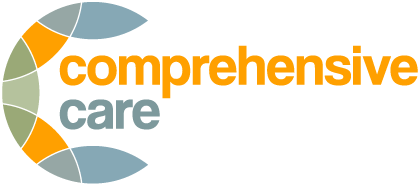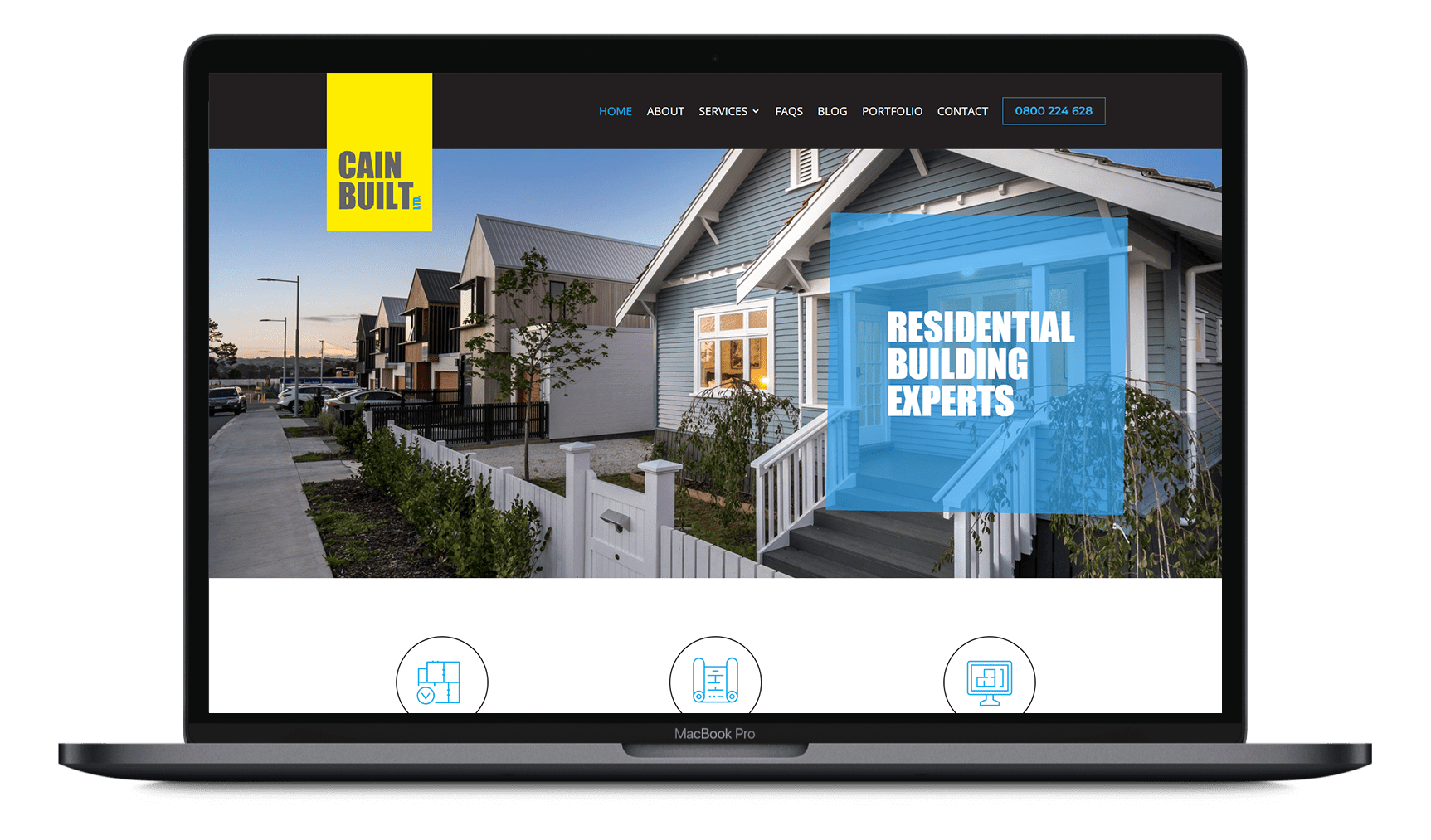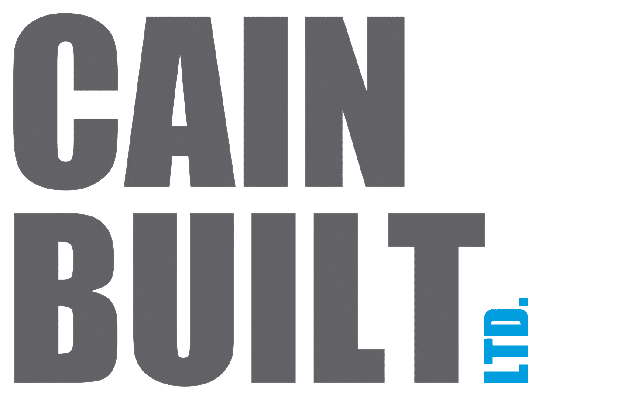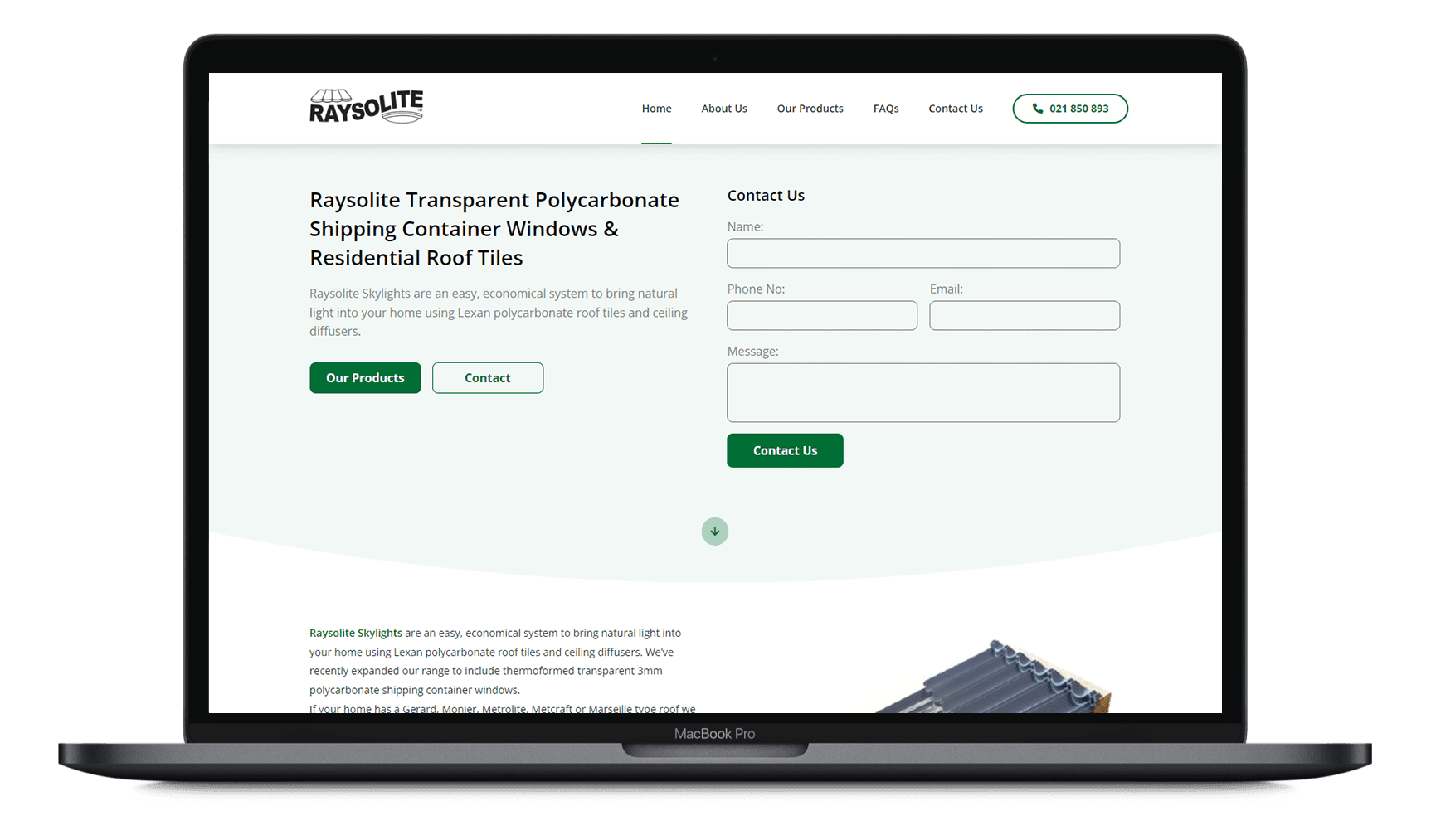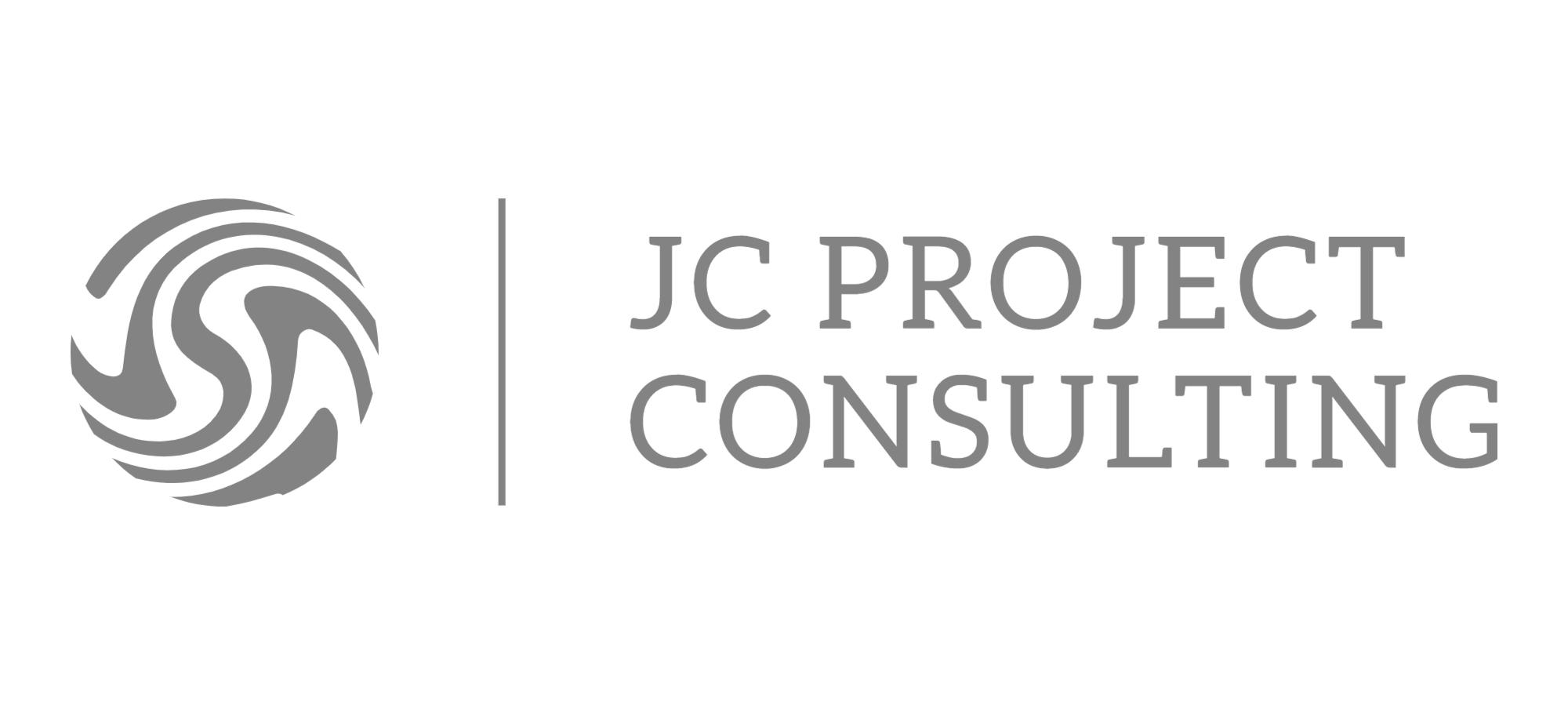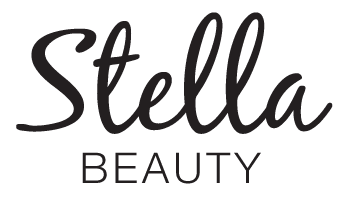This platform, that platform. I’m sure you’ve heard someone tell you before that you should build your website on one platform or another but never really understood why exactly. Over the next few posts I will endeavour to explain the differences, shortcomings and benefits of various platforms so that you can make an informed decision yourself. Or at least understand why a particular platform is being recommended.
The first thing we really need to discuss before looking at any platform is Proprietary vs Open Source. What do these terms mean and what are the advantages and disadvantages of each?
Well put simply proprietary platforms are content management systems (CMS) and code that was developed by and the rights are owned by one particular company. That software is what sets them apart and is their point of difference in the market, so consequently, just like KFC’s secret herbs and spices, the code is kept secret and development access to that code is generally kept in house.
Open source platforms on the other hand are often community developed, and although they do have an “owner” the code for these platforms are readily available to the public. This means developers all over the world are able to access, modify and build on top of the existing code.
So what are the benefits of each and why would you consider one over the other?
With open source software, we first need to acknowledge that there are two types of open source software. The first is project/community software which is developed and distributed by a cooperative of developers who support and improve the source code with often no remuneration. An example of this type of software would be the Linux OS. The second type is commercial open source software or COSS. This differs in the sense that the copyright, patents and trademarks are controlled by a single entity, an example would be Red Hat who developed OpenStack.
The biggest benefit and the biggest flaw of open source software comes from the fact the code is readily available online. It means that hundreds upon thousands of developers are able create solutions that address any requirement that you can think of. These creations are often listed and sold online as plugins or extensions and while a lot are plug and play, often they will require some technical knowledge for configuration.
However, with this also comes the potential for hackers access the platform’s source code. Scouring the code for potential loopholes and openings, open source platforms leave themselves vulnerable to hacking attempts. Having said that, those same developers that create plugins and extensions also work on improving security, and you also have the core organisation constantly updating their platform to iron out bugs and exploits are quickly as they are found.






